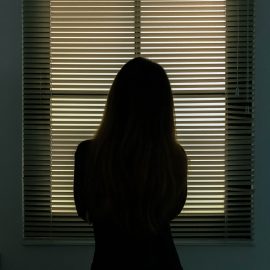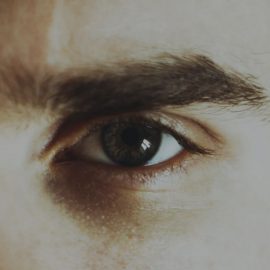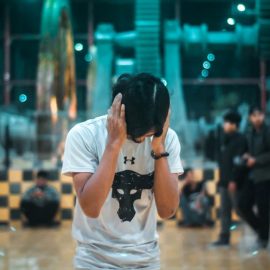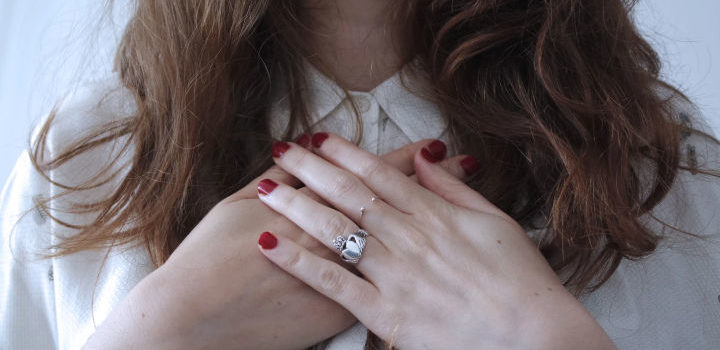
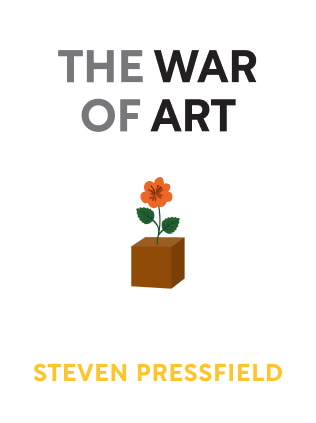
This article is an excerpt from the Shortform book guide to "The War of Art" by Steven Pressfield. Shortform has the world's best summaries and analyses of books you should be reading.
Like this article? Sign up for a free trial here .
What is the Jungian Self? How can understanding this concept help you achieve artistic success?
The Jungian Self is a key aspect of psychologist Carl Jung’s model of the psyche. In this model, Jung explains the difference between the Self and the Ego, which are both key aspects of consciousness. Knowing about the Jungian Self can help you to understand your motivations and achieve your creative ambitions.
Learn about the Jungian Self below.
The Jungian Self, Explained
In this article, we’ll explore Carl Jung’s model of the psyche, and the role of the Jungian Self. To understand this, you’ll first need to know about the difference between the Jungian Self and the Ego.
The Self and Ego
This duality of consciousness is best understood as the Self and the Ego. Carl Jung, a Swiss psychiatrist and psychoanalyst in the early 20th century, was one of the founders of this concept. He believed the Ego is the embodiment of the personal “I,” or the surface mind. The Ego operates in the real world. The Self is the larger landscape of consciousness. Your dreams, intuition, and visions live within the realm of the Self. Jung called it the mind of the soul.
We can use Jung’s theory to describe the mind of the artist. The Ego is where artistic doubt lives and the Self is where the spirits live, including yours and that of your muse. Both the Jungian Self and Ego are powerful and battle for position in your mind.
The Jungian Ego
Your Ego believes in what is tangible. It runs the day-to-day operations of life, which are essential for survival. According to your Ego, there is nothing beyond death, and the physical world is the only realm of being. Time and space are real entities that dictate your movements, and you cannot override them. You are separate from everyone else, and your only goal in life is to keep living. Because of this, you live in a constant state of fear of losing your life. Your Ego desires to leave a legacy behind, whether through children or your impact on the world.
The Jungian Self
Your Self believes that the soul is eternal and remains after death. Time and space are illusions manifested to create order. You have the power to traverse various realms of consciousness at all times. You are connected to everyone, and love is what guides life. All things carry the spirit of the interconnected universe and are connected through it.
Anytime you try to alter your consciousness, you are seeking to access the Self, or higher mind. Drugs, alcohol, meditation, fasting, and prayer are all ways in which people attempt to reach the divine ground where ideas and dreams live and your authentic being resides. The Self does not lie and cannot disguise itself as something it’s not. The Self encompasses the deepest form of who you are.
Any artist that sits down to create is attempting to access the Self. You gravitate toward art because you want to grow, evolve, learn, and tap into internal truths. You seek a spiritual awakening to become more enlightened.
The Ego hates the Self. The Ego would rather you didn’t become your authentic self because the more enlightened you become, the less you rely on the Ego, or the public personification of you. To block your path to this more powerful mind, the Ego shuffles in its artillery as resistance.

———End of Preview———
Like what you just read? Read the rest of the world's best book summary and analysis of Steven Pressfield's "The War of Art" at Shortform .
Here's what you'll find in our full The War of Art summary :
- Why creative people feel resistance when approaching their true work
- How to break down the wall that holds you back from reaching your potential
- How to tap into your creative power and honor the genius you were born with

